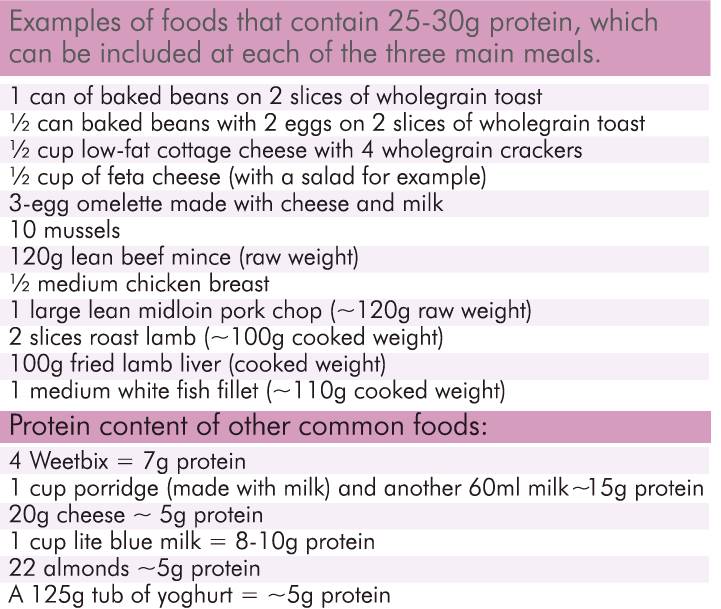
It's important to keep up exercise as we age, Dr Kirsty Fairbairn writes.

This past month I attended the American College of Sports Medicine, in Colorado, where a resounding theme was the value of exercise in health. Indeed, the conference underlined that "exercise is medicine''.
Often with ageing, we become tentative when exercising: your body won't always do what you would like, or perhaps you become fearful of undertaking some activities in case your body fails. But have you failed your body?
It was increasingly apparent during the conference that engaging in exercise through middle and older age is an incredibly valuable strategy to limit the effects of ageing on our mental, physical and social health. By exercising you not only end up with stronger muscles that can do more, but also with strong bones and a healthy immune system. It's almost as if the gentle stress of exercise primes the body to deal with the larger stresses in the environment, including cancer, cardiovascular and other diseases. A broken down and disused skeletal muscle system leaves you vulnerable to these other bigger stresses getting the better of you.
Associate Prof Debra Waters, director of gerontology research and director of the Collaboration of Ageing Research Excellence Theme (CARE) at the University of Otago, has been researching sarcopenia for most of her career. Sarcopenia literally means "poverty of the flesh'', and refers to the loss of skeletal muscle mass and strength as a result of ageing.
When combined with obesity, sarcopenia has been associated with Type 2 diabetes mellitus (as muscle mass is a crucial destination for blood glucose) and metabolic syndrome, which includes hypertension and high cholesterol.
Prof Waters identifies a major health implication of sarcopenia as that it makes us more at risk of falls and fractures.This can have a significant impact on health, lifestyle and general wellbeing.
Researchers look at muscle function as well as muscle mass, strength and balance to determine whether their prevention strategies work and are finding mounting evidence that exercise can slow and perhaps prevent sarcopenia.
In the nutrition space, some of what we have learned about maximising muscle strength in athletes is being applied to older people. For example, in sports we know that consuming protein-rich foods regularly during the day helps athletes to gain strength in response to their exercise programme. In short, eating enough energy, protein, carbohydrates, vitamins and minerals needed to rebuild and maintain muscle is really important.
For an athlete, that might mean three meals a day and three snacks, but for a less-active person that might simply mean three meals a day of good quality foods.
The important point for older adults is to not skip meals, and to ensure that the three meals contain a good balance of vitamins and minerals (and not just empty calories).
In sport, we found that breakfast was often the meal where athletes had the greatest opportunity to boost their protein, calorie and nutrient intakes; switching poor nutrient sources, such as refined carbohydrate cereals, for wholegrain carbohydrate foods with added protein foods (milk and yoghurt). They also regularly included eggs and baked beans to mix things up (the table above lists foods that contain 25g-30g of protein as recommended to maximise muscle health in older people). Baked beans are great as they contain protein and slow-digesting carbohydrate, and also help manage blood glucose levels. Exercising helps with that, too.
There are many exercise options available in Dunedin, some of which have a strong social focus.
Prof Waters raves about Age Concern Otago's Steady As You Go programme, where you take part in hour-long strength and balance classes once a week for 10 weeks. The classes also build a supportive social network of people with the same interests. She claims that many participants "get hooked'' and, with more than 1400 Dunedinites participating, it appears the strategy is working. Organisers have found that participants' strength and balance improves significantly, and that they gain confidence and find the experience empowering. Among the benefits for older people, aside from building strength and improving their balance, is the likelihood that they can stay living in their own home for longer, as day-to-day activities remain manageable.
Dr Kirsty Fairbairn is a health, wellness and sports dietitian at Invigorate Nutrition (www.invigoratenutrition.com), based at Eclipse Health, Wellness and Performance, Hanover St, Dunedin.
Give it a shot
• If you are interested in taking part in Steady As You Go classes or any of the other programmes offered by Age Concern Otago, they can be contacted on (03) 477-1040 or visit their website, www.ageconcernotago.com (click on ‘‘Health Promotion’’ and then ‘‘Falls Prevention — Steady As You Go And Tai Chi’’).
• Age Concern Otago also runs free ‘‘Senior Chef’’ cooking classes, so you can get the best of both worlds by learning how to cook healthy meals that will support you in improving your muscle, joint and immune health.
• Remember to consult your doctor before beginning any exercise plan.















